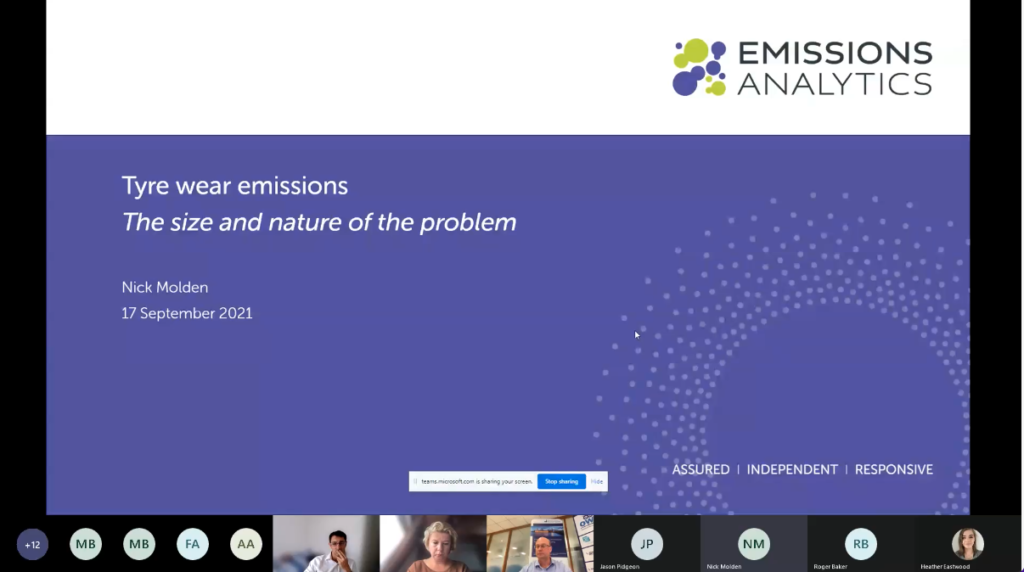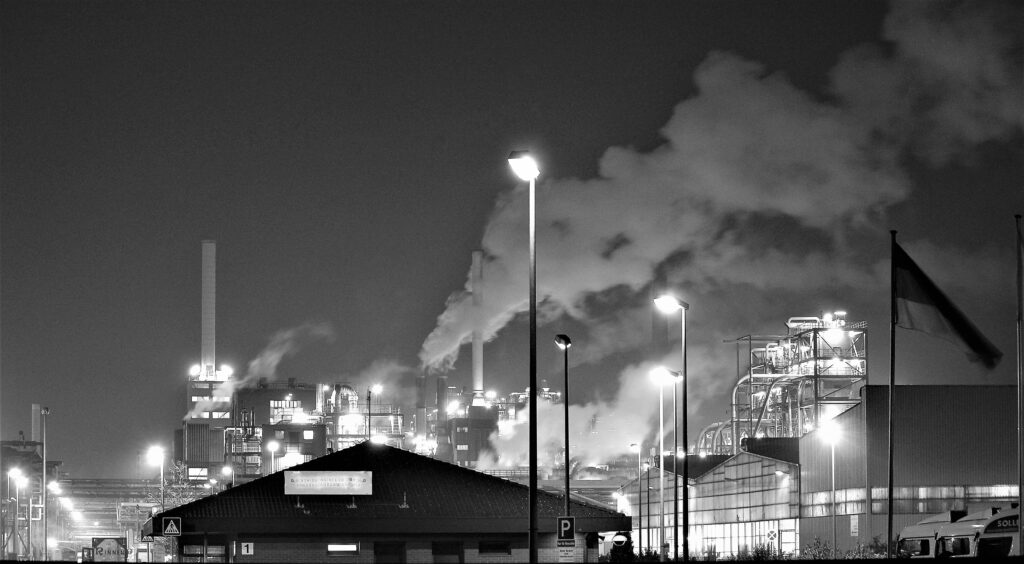The dangers of non-tailpipe emissions and ways to reduce tyre wear were the key topics at the WCRAQ Energy, Fuels, and Vehicles Working Party meeting, reports Isabella Stone. World tyre emissions are poorly understood and usually grouped with other non-tailpipe…










